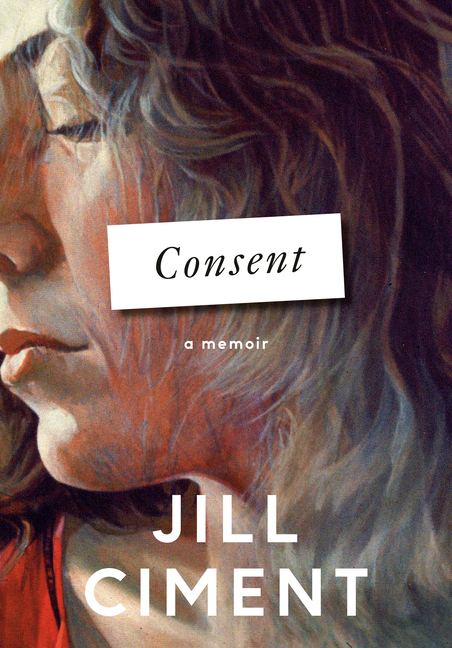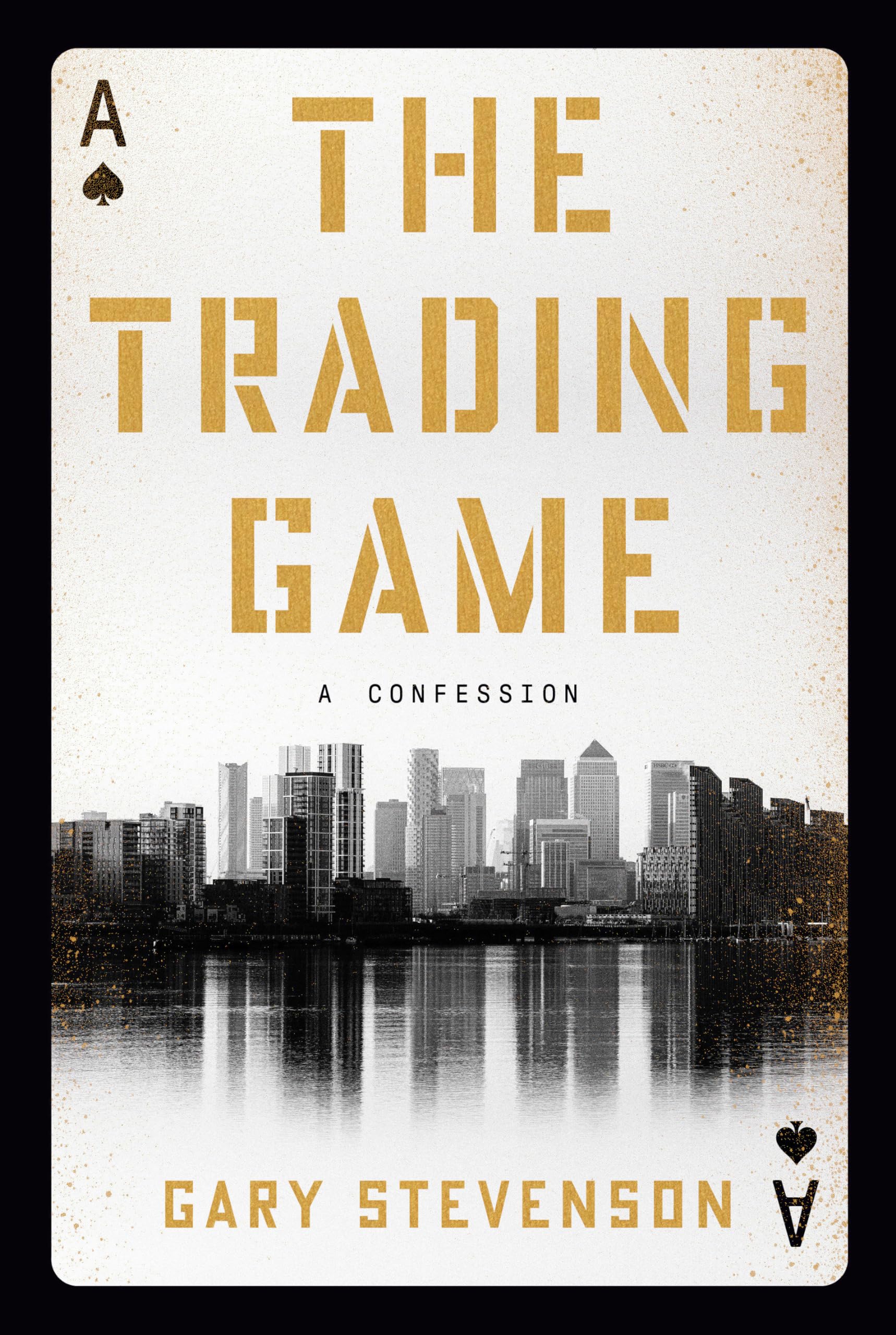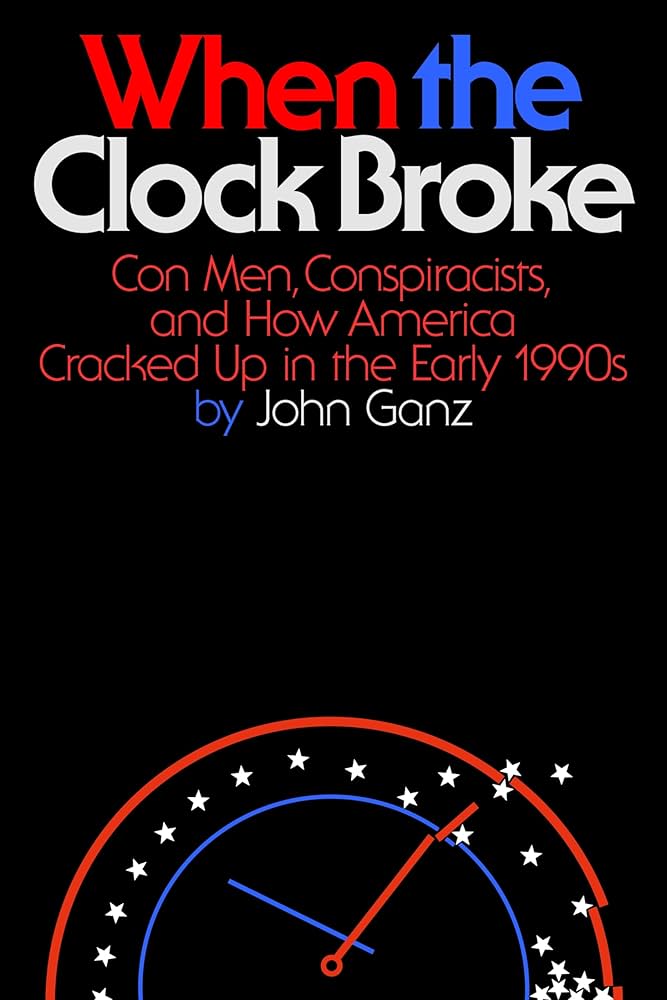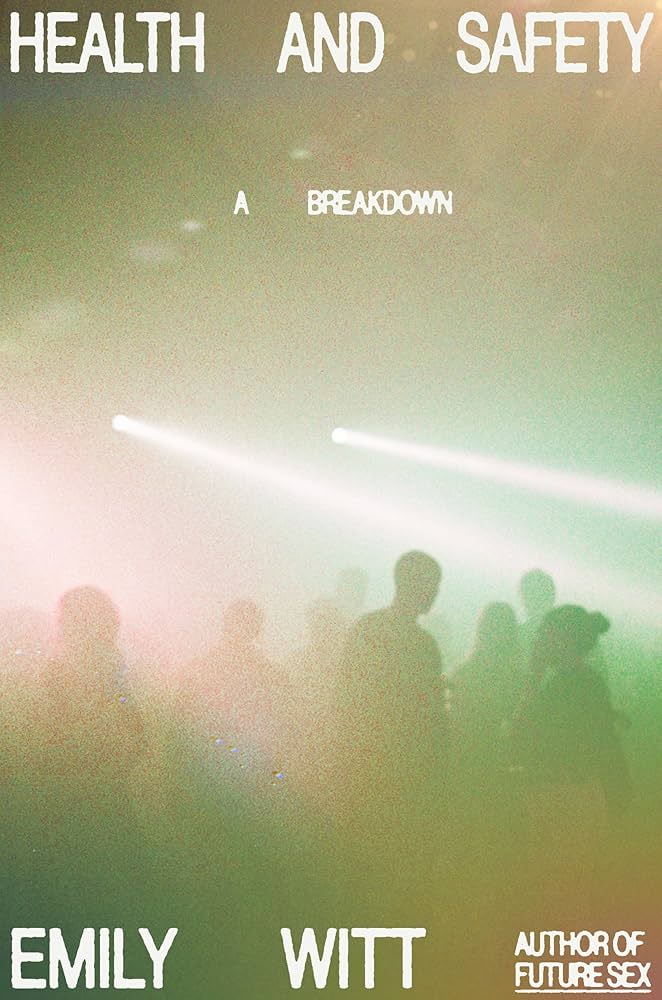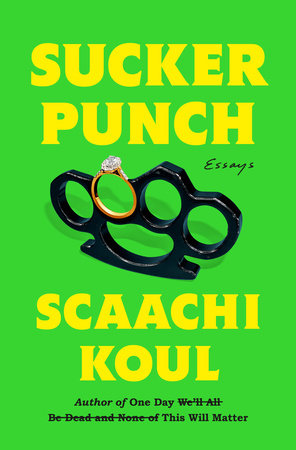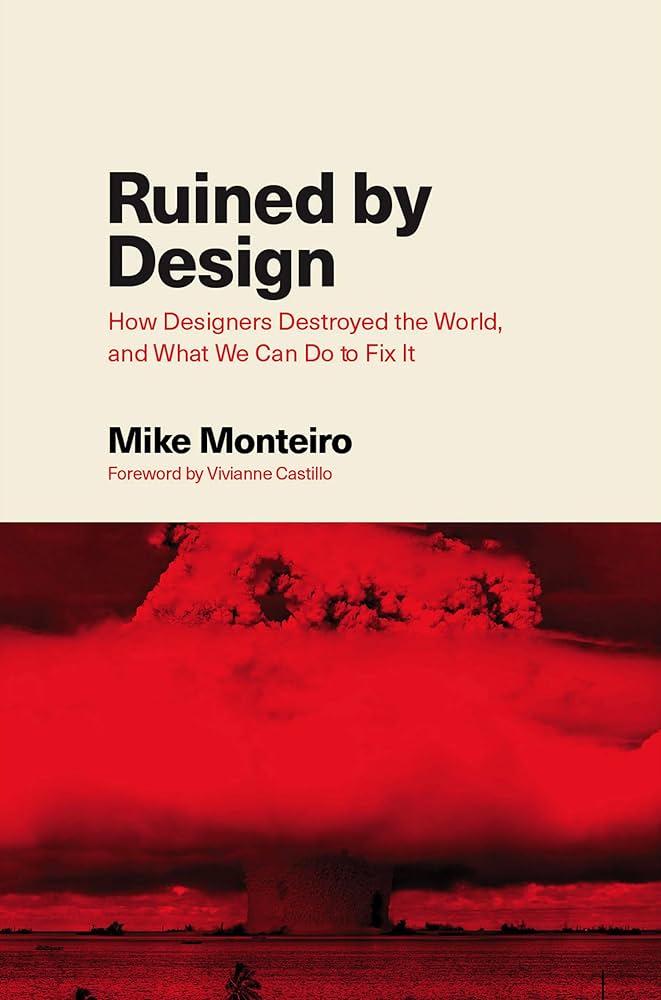I’m awe-struck by Consent. I didn’t know anything about Jill Ciment when I read this excerpt from her book in June, and as much as that excerpt stuck in my head, it was a drop in the ocean compared to the depth and honest self-examination that fills this book. It’s one of the shortest I’ll read this year, but it’ll be remembered more clearly than almost any other.
At age 16, Ciment began a relationship with someone 30 years older than her. It was in 1970, so social mores were more accepting. She wound up marrying him and stayed faithful until his recent death. In 1996, she wrote a memoir called Half A Life, which made the case for her relationship.
In Consent, Ciment revisits both her personal history and her first memoir, while interrogating the nature of memoir and memory itself. The book is as much about her story as it is about how we tell our stories, and how evasive objective truth really is.
It’s an incredible thing: Ciment looks at her 1996 self looking at her 1970 self, and corrects the record, while interrogating how useful a memoir is (emphasis mine):
The point of view in a memoir is curious. The writer mush trick the reader (and herself) into believing that she actually remembers how she felt decades ago. A memoir is closer to historical fiction than it is to biography. And as with historical fiction, the reader often learns more about the period in which the book was written than the period that is being written about.
She doesn’t spare her 44-year-old self, and she doesn’t spare the man who started a relationship with her 16-year-old self. It gets incredibly meta, and her writing is clear, fearless and irresistible:
Even after more than four decades of marriage to him, try as I might, I cannot imagine how he was justifying his behavior to himself. Was he telling himself that a seventeen-year-old had bewitched him? Keep in mind, a month had passed and he had not heard from me. Perhaps I had changed my mind or come to my senses? Perhaps my mother had found out?
A forty-seven-year-old art teacher mailing a love letter in the guise of an educational solicitation to his teenage student is creepy—more than creepy, sinister. Yet the memoir treats the episode comically, a missive between star-crossed lovers.
(Sinister or amusing? There are three Jills weighing in: the agonized teenager crying in frustration because she can’t decipher nuance in an adult’s letter; the forty-four-year-old memoirist, entertained by her younger self’s confusion and Arnold’s predicament; and me, the one who knows how the story ends.)
Which, of course, raises the question of how honest this retelling is. Does it matter? Arnold is dead, and she stayed with him until the end. Does this tell us anything about the nature of relationships? Would today’s social norms have prevented a loving and constructive relationship? Would Arnold have wound up on the sex offender registry?
“If Arnold kissed me first, should I refer to him in the language of today — sexual offender, transgressor, abuser of power? Or do I refer to him in the language of the late ’90s, when my 45-year-old self wrote the scene? The president at that time was Clinton, and the blue dress was in the news. Men who preyed on younger women were called letches, cradle-robbers, dogs. Or do I refer to him in the language of 1970, at the apex of the sexual revolution, when the kiss took place — Casanova, silver fox?”
Ciment doesn’t answer any of these questions, and the book is better for it. She writes about her relationship in fascinating ways, seeing herself through the eyes of others, and as they grow older and he becomes elderly, she’s honest about the awkwardness that comes along with it.
She clearly loved him, and was as devoted to him as any domestic partner could be. He left his wife and mistress for her, destroying his family and his relationship with his daughter (who was the same age as Ciment). The author doesn’t shy away from the brutal moments though, discussing how her relationship with her mother fell apart for years, and the awkwardness of being around Arnold’s daughter. She describes his decline and death with such lovely and loving prose, it’s difficult to understand how to think about their relationship.
I couldn’t get enough of this book. It’s a beautiful memoir, an incisive look at memory and relationships, and a tribute to her imperfect life partner. Ciment is a writer I’m new to, but will seek out.

